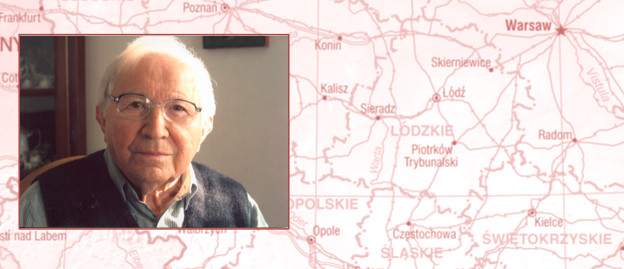Różewicz and the organic

Among many other things, poetry is a drama of the poet’s hand. The writing hand, the hand of the writer, may be treated as both metaphor and metonymy, and it is in-between these two figures of speech that a distinct narrative of Różewicz’s work unravels. In several of his poems, the hand is a metaphor of writing, and it is very often accompanied with images of exhaustion and emptying. At the same time, it is a metonymy of the poet’s body, which is revolting and not at all committed to what the mind intends to say. Sometimes the poet writes against himself, unable to stop the flow of language, giving in to the repeated mechanical gestures that mean (simulate, represent, and reproduce) death and writing. I remember Różewicz complaining in one of his texts: “my poems don’t breathe […] they are inorganic things.” He desperately wanted them to live. He wanted life for his poetry, and poetry in general. Yet he always lacked words that would express his longing and his dream. What was left was the writing hand, the automatic hand, the inhuman hand. His final medium. And his fate.
Edited byMarit MacArthur Kacper Bartczak